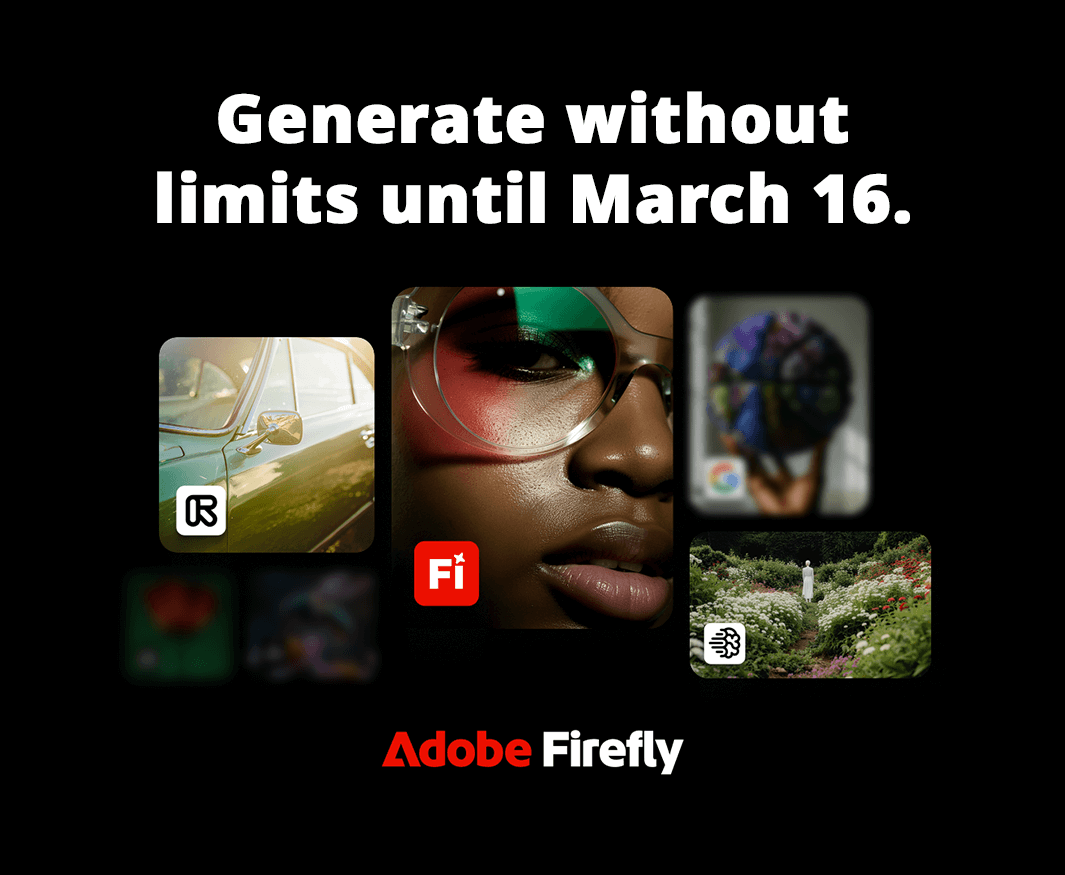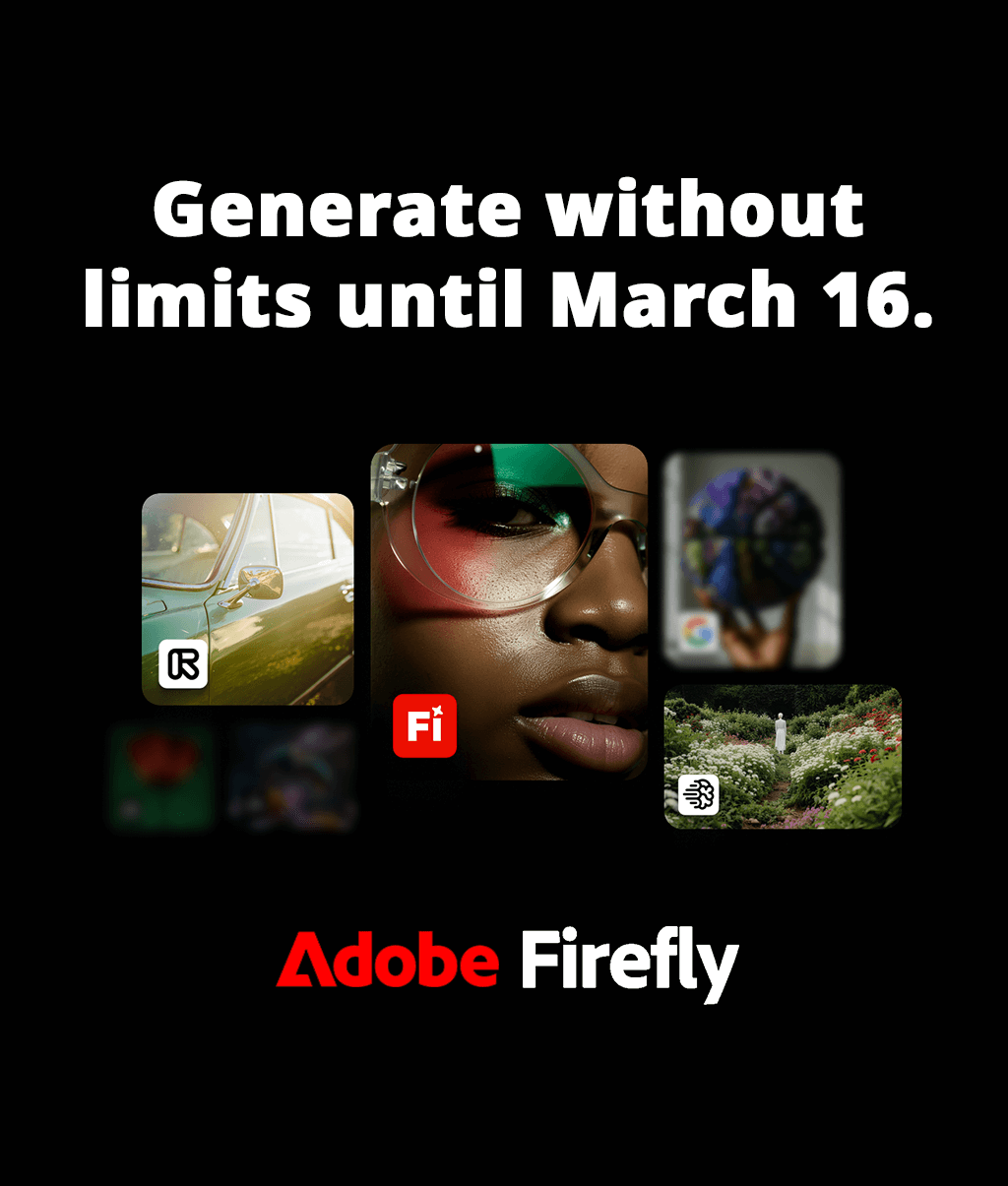11 Best Binoculars in 2026
Professional naturalists publish illustrated reference volumes full of such images, while experienced mariners use them for navigation. Enthusiasts interested in hunting or safari will appreciate high quality binoculars too.
Top 11 Best Binoculars
- Athlon Optics Midas – Our Choice
- Nikon Monarch 5 – Best outdoor binoculars
- Celestron SkyMaster – For stargazing
- Bushnell Legend M-Series – For safari
- Steiner Safari UltraSharp – Best compact binoculars
- Swarovski EL – Premium optic’s quality
- Zeiss Victory SF – For birding
- Leica Ultravid BR – For horseracing and sporting events
- Vortex Optics Viper HD – For hunting
- Canon L Image Stabilization – Long-range with image stabilization
- Pentax AD – Budget binoculars
Binoculars use a system of optical lenses and prisms to get an enlarged image of distant places or things. Thanks to 2 optical eyepieces, you can keep your eyes open and see a remote object in a more convenient and natural way if compared with a telescope. Binocular vision maintains the depth of field and the scene has a realistic and three-dimensional view.
Regardless of what you plan to look at, top rated binoculars should do two things well: zoom in on distant objects and make them sharper.
1. Athlon Optics Midas
FixThePhoto editors’ choice
Magnification: 8× | Lens diameter: 42mm | Angular FOV: 8.1° | FOV at 1000yds: 426ft | Exit Pupil: 5.3mm | Eye Relief: 17.2mm | CFD: 6.5ft
$![]() VIEW ON AMAZON
VIEW ON AMAZON


⊕ ED glass, dielectric coating
⊕ Phase corrected Bak-4 prisms
⊕ Waterproof with argon purging
⊕ Ergonomic lightweight body
⊕ Good price/quality ratio
⊖ Not found
This is one of the best binoculars under 200 dollars designed by Midas. The construction consists of ultra-low dispersion glass lens and multilayer optics. The glass of this type improves light transmission and minimizes glare, producing crisp, high-resolution images.
The central focus wheel smoothly adjusts a wide range of depths. Binocular eyecups can be rotated up and down for more convenience. The eyepieces have specially designed corrugated sections for a better grip. A wide field of view and long eye relief (the distance between your eye and the eyepiece lens) make this model one of the best binoculars available on the modern market.
- Learn more about the best VR headsets.
2. Nikon Monarch 5
Best outdoor binoculars
Magnification: 10× | Lens diameter: 42mm | Angular FOV: 5.5° | FOV at 1000yds: 288ft | Exit Pupil: 4.2mm | Eye Relief: 18.4mm | CFD: 7.8ft
$![]() VIEW ON AMAZON
VIEW ON AMAZON


⊕ LD multicoated eco-glass lenses
⊕ Rubber-armored, watertight, and fog-proof
⊕ Lightweight and compact
⊕ IPD-adjustable, center focus wheel
⊖ Not the biggest field of view
⊖ Lacks mount for a tripod
Nikon Monarch binoculars are waterproof, fog-proof, and feature multi-coated lenses for correcting chromatic aberration. Dielectric prism coating helps in low light conditions. The eye relief is sufficient for use with glasses and convenient for long viewing. The focal length is pretty close, which makes the model ideal Nikon hunting binoculars.
Nikon Monarch comes with many add-ons: carrying case, a neck strap, and rubber eyepiece covers. Nikon also offers excellent uptime support and warranty.
- Choose the best Nikon camera for video.
3. Celestron SkyMaster
For stargazing
Magnification: 20× | Lens diameter: 80mm | Angular FOV: 3.7° | FOV at 1000yds: 195ft | Exit Pupil: 4mm | Eye Relief: 18mm | Relative Brightness: 16 | CFD: 108ft
$![]() VIEW ON AMAZON
VIEW ON AMAZON


⊕ Great power and clarity
⊕ Amazing light transmission
⊕ Replaces a telescope on a tripod
⊕ Durable rubberized housing
⊖ Heavy
⊖ Slight color distortion around the edges
SkyMaster stands out for its 20x-magnification and excellent light “catching” ability. These are the best binoculars for long distance made specifically for astronomers and connoisseurs, who wear glasses. Such characteristics make Celestron SkyMaster efficient at dusk and at night.
Large handles are easy to manipulate, the central support rod increases stability, and the built-in mount allows you to place these 50 km range binoculars on a tripod, which eliminates jitter. Polycarbonate and aluminum construction makes this model reliable, watertight and fog-proof.
- Take images of a starry sky using the best camera for night photography.
4. Bushnell Legend M-Series
For safari
Magnification: 10× | Lens diameter: 42mm | Angular FOV: 6.4° | FOV at 1000yds: 340ft | Exit Pupil: 4.2mm | Eye Relief: 22mm | CFD: 8ft
$![]() VIEW ON AMAZON
VIEW ON AMAZON


⊕ ED Prime glass with low dispersion
⊕ Hydrophobic, oleophobic, dielectric coating
⊕ Locking diopter to fix settings
⊕ Affordable quality binoculars
⊖ Inconvenient focusing wheel
⊖ Poor attachment of rubber eyecups
This is a renowned series of Bushnell hunting binoculars. The Ultra HD M line, thanks to the ED primary glass and ultra-wideband dielectric coating, guarantees crystal clear images with high color reproduction and 92% light transmission. Bushnell are waterproof and fog-proof binoculars with multi-coated lenses. The water-repellent coating allows using them in almost any weather or at sea.
The design is simple and durable, which makes them suitable for a wide range of tasks. The manufacturer also provides a lifetime warranty.
5. Steiner Safari UltraSharp
Best compact binoculars
Magnification: 10× | Lens diameter: 26mm | Angular FOV: 5.8° | FOV at 1000yds: 304ft | Exit Pupil: 2.6mm | Eye Relief: 17mm | CFD: 11ft
$![]() VIEW ON AMAZON
VIEW ON AMAZON


⊕ Lightweight and compact
⊕Ergonomic design, smooth customization
⊕ Watertight construction, rugged armoring
⊕ Case and neck strap included
⊖ Focus synchronization issues
⊖ Lenses could be bigger
It is impressive how lightweight Safari UltraSharp Steiner is, but not at the expense of the small size of the lenses. Manageability is excellent thanks to the ergonomic handle and well-positioned smooth adjustment elements. The optical quality is at the top of the range.
These compact binoculars with rubber fins have high-contrast optics that provides exceptional image quality. Actually, they are among leaders in terms of price and quality ratio.
They are designed for various types of outdoor activities, whether you want to watch a football game from afar or approach a wild animal without endangering yourself.
6. Swarovski EL
Premium optic’s quality
Magnification: 10× | Lens diameter: 42mm | Angular FOV: 6.4° | FOV at 1000yds: 336ft | Exit Pupil: 4.2mm | Eye Relief: 20mm | CFD: 4.9ft
$![]() VIEW ON AMAZON
VIEW ON AMAZON


⊕ Fluoride-containing, field flattener HD lenses
⊕ Improved coating
⊕ Accurate, convenient focusing mechanism
⊕ Ergonomic design, corporate identity
⊖ Expensive for standard capabilities
⊖ Possible sun glares
Swarovski is considered an outstanding company making optical equipment, and these high quality binoculars ensure impeccable optical quality.
They are suitable for people wearing glasses and can be immersed in water. The outer coating is dirt- and fingerprints-repellent. Designed with a wide front position, the binoculars provide an excellent field of view and exceptional brightness, making it ideal for safari, hunting or chasing.
7. Zeiss Victory SF
For birding
Magnification: 10× | Lens diameter: 42mm | Angular FOV: 6.5° | FOV at 1000yds: 394ft | Exit Pupil: 4.2mm | Eye Relief: 18mm | CFD: 4.9ft
$https://amzn.to/2RpaZEL VIEW ON AMAZON


⊕ Extra low-dispersion fluoride glass
⊕ Excellent field of view and focus
⊕ Waterproof, dirt-repellent coating
⊕ Ergonomic balance concept
⊖ Expensive for the average color reproduction
⊖ Only case in the kit
If you are looking for the best binoculars in the world, you should have a closer look at this option. Zeiss is a leading optics manufacturer, a world-famous brand, which tightly cooperates with Sony and Panasonic. Both companies use Zeiss’s glass in their products. Zeiss Victory models have a fixed magnification and are suitable for almost any activity, especially for wildlife watching, but the SF model is advertised as Zeiss binoculars for birding.
Victory SF 7-lens eyepiece provides 95% light transmission for brighter, clearer images in low light conditions. SF gives a wide field of view and a large viewing angle, bright and clear at the edges. This model is the most versatile and premium, with an even distribution of weight on the eyepieces and ergonomic grip of the handle, which makes holding the binoculars for a long period convenient.
8. Leica Ultravid BR
For horseracing and sporting events
Magnification: 8× | Lens diameter: 20mm | Angular FOV: 6.5° | FOV at 1000yds: 341ft | Exit Pupil: 2.5mm | Eye Relief: 15mm | CFD: 5.9ft
$![]() VIEW ON AMAZON
VIEW ON AMAZON


⊕ Wide FOV, scattered light suppression
⊕ Phase-correcting, water-repellent multi-coating
⊕ Internal focusing, diopter lock
⊕ Lightweight, strong, long-lasting
⊖ Not very powerful
⊖ For daylight hours
These binoculars are ideal for watching a sports event or being used at sea. Thanks to their wide field of view, you can easily find the necessary object. Leica Ultravid passes the fine line between weight, size and quality. Like all compact top rated binoculars, there are several trade-offs.
Ultravid combines sophistication and precision, consisting of an aluminum sleek body and clean, sharp lenses. They have a diopter adjustment lock, which is a rare feature of compact binoculars.
9. Vortex Optics Viper HD
For hunting
Magnification: 10× | Lens diameter: 42mm | Angular FOV: 6.5° | FOV at 1000yds: 341ft | Exit Pupil: 4.2mm | Eye Relief: 17mm | CFD: 6.5ft
$![]() VIEW ON AMAZON
VIEW ON AMAZON


⊕ HD low-dispersion glass with phase correction
⊕ Dielectric, anti-reflective coating
⊕ Water-, fog-, shockproof
⊕ Durable, with a lifetime warranty
⊖ Heavy for hiking
⊖ Accessories are sold separately
The Vortex Viper Series differs from other quality binoculars with reliability, security and a lifetime warranty. Low dispersion glass focuses all color wavelengths in one place, which increases light transmission even at dusk and gives bright, clear images with excellent contrast.
The rubber coating ensures better grip and durability, while protecting these best binoculars for hunting against accidental drops. Vortex Viper eyecups are metal reinforced and can be turned up and down to find the necessary viewing position.
10. Canon L Image Stabilization
Long-range with image stabilization
Magnification: 10× | Lens diameter: 42mm | Angular FOV: 6.5° | FOV at 1000yds: 431ft | Exit Pupil: 4.2mm | Eye Relief: 16mm | CFD: 8.2ft
$![]() VIEW ON AMAZON
VIEW ON AMAZON


⊕ Instant stabilization option
⊕ High-quality ED-optics
⊕ Rubberized waterproof case
⊕ Everything you need in the kit
⊖ Battery-powered
⊖ Bulky and heavy
If it’s difficult to keep your hands still while watching, consider these high-tech binoculars with proven optical image stabilization technology to eliminate jitter. The battery-powered IS system is similar to the one Canon uses in its DSLR cameras and camcorders; consists of a prism with a variable angle, which constantly makes adjustments to maintain a still image.
These are the best binoculars for long distance and marine use when rocking makes it impossible to keep the image stable. The stabilization effect is instant after pressing a button. The binoculars sit comfortably in the hand and provide a comfortable long eye relief, as well as a large exit pupil for a bright field of view with a close focusing distance.
- Discover the best Canon lenses.
11. Pentax AD
Budget binoculars
Magnification: 9× | Lens diameter: 28mm | Angular FOV: 5.6° | FOV at 1000yds: 323ft | Exit Pupil: 3.1mm | Eye Relief: 18mm | CFD: 9.8ft
$![]() VIEW ON AMAZON
VIEW ON AMAZON


⊕ Phase-corrected prisms, multicoated optics
⊕ Waterproof, fog-proof and nitrogen filled
⊕ Fiber-reinforced polycarbonate housing
⊕ Everything you need in the kit
⊖ Limited performance
⊖ Wide FOV
Unlike other compact binoculars, this model offers a 9x magnification without sacrificing the field of view. They are watertight and fog-proof, and offer good optical quality. The outer sides of the lenses have an anti-reflective and anti-vandal coating.
These binoculars boast sleek design and feel great in the hands. Rubber coating ensures tighter grip and durability, and protection against accidental drops. An affordable option is suitable for day trips or traveling by plane, where you need high-quality optics in a small body.
List of the Best Binoculars
| Image | Name | Features | |
|---|---|---|---|
 |
Athlon Optics Midas
OUR CHOICE |
Check PRICE → | |
 |
Nikon Monarch 5
MULTIPURPOSE |
Check PRICE → | |
 |
Zeiss Victory SF
FOR BIRDING |
Check PRICE → | |
 |
Vortex Optics Viper HD
FOR HUNTING |
Check PRICE → | |
 |
Pentax AD
BUDGET |
Check PRICE → |
How to Choose the Best Binoculars?
To understand “What are the best binoculars”, you need to define the task which you will use them for. The best binoculars differ from binoculars for bird watching, horse racing or hiking. The choice depends on the distance at which the necessary object is located, lighting conditions, and level of detail.
The characteristics of binoculars contain 2 numbers that determine their purpose – magnification ratio and size of lenses. You need to make a choice based on this data and the quality of optics, which is guaranteed by well-established brands.
Technical Specifications

Magnification ratio – the main number in the model’s specification. In most cases, it is 8-10x, which is sufficient for various needs. You will be able to see an object that is 8-10 times away from you: if it is at a distance of 800-1000 feet, it will of the size as if it is 100 feet away from you.
Lens diameter. The second important number in the description is x42 and it denotes the diameter of the front lens in millimeters. 42mm is ideal for balancing brightness and clarity with weight. Since lenses make up the majority of the optical element, they affect the size and weight of the binoculars, and the ability to capture light.
Field of View/FOV – the area visible through binoculars at a fixed distance. It is measured in feet per 1000 yards or meters per 1000 meters and represents the width of the visible area that is 1000 measures away from an observer.
Optical Elements

The prism configuration corrects the orientation of the view horizontally and vertically; without a prism, the image is upside down. The difference in the image doesn’t depend on the design, it is more a matter of size. But the type of prism often determines the price due to manufacturing processes, so the best binoculars for astronomy cost more.
A Porro double prism is outdated and has glass elements displaced relative to each other. Porro binoculars are inexpensive to manufacture and simple to use, as well as heavier and less durable.
Roof prisms can be easily identified by the “H” shape of the binoculars, as the light is directed along a straight trajectory.
Type of glass. Without proper grinding and polishing, the optical glass may bend the light in a strange way, causing color distortion, or interfere with focusing on sharpness, which causes distortion around the edges. ED glass with low or ultra-low dispersion weighs less than the standard glass, has virtually no distortion and better light transmission.
The materials of a prism affect the clarity and ability to see small details and colors. BAK-4 is the clearest, has a high refractive index and a lower critical angle. It provides better light transmission due to the rounding of the exit pupil, with less loss due to internal reflection. That’s why top rated binoculars are supplied with a prism made of this material.
FAQ
- • What is the role of eye relief?
Eye relief in binoculars is the distance between the outermost surface of the eyepiece lens and the point where the user's eye should be positioned to see the full field of view. Its role is to ensure that eyeglass wearers and those without eyeglasses can comfortably see the entire image without experiencing black vignetting or reduced field of view, enhancing the user's overall viewing experience.
- • How do binoculars with rangefinders work?
Binoculars emit a laser beam towards a distant object and measure the time it takes for the beam to bounce back, calculating the distance based on the speed of light. The calculated distance is then displayed in the binocular's viewfinder, allowing users to determine the precise distance to the target object, which is particularly useful for activities like hunting, golfing, and other applications where distance estimation is critical.
- • What are the best practices for cleaning and maintaining binocular lenses and prisms?
Use a lens brush or blower to remove dust and debris. Then, gently wipe the lenses with a clean, soft microfiber cloth in a circular motion, using a lens cleaning solution if necessary. Avoid using abrasive materials or excessive pressure to prevent scratching, and store the binoculars in a protective case when not in use to minimize exposure to environmental elements.


























